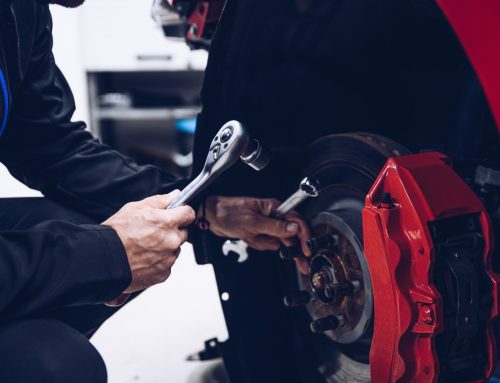Louis Renault was a Frenchman born in 1877, whose name, to this day, brings up intrigue and tragedy. As a boy, he was fascinated with the development of the new horseless carriage. French enigneers had invented an unseemly three-wheeled steam-powered vehicle.
But, once Serpollet and Peugeot started using internal combustion engines instead, the Peugeot company began producing actual automobiles instead. Little Louis Renault used to enjoy hanging out by the factory until one day, in his teenage years, Serpollet offered him his first ride in a motorized car.
Renault naturally pursued mechanical engineering, in college, and soon earned his first patent for a steam generator. He then built a motorized tricycle, to which he added a fourth wheel, with a transmission system. He called it the Voiturette, meaning “small car.”
Renault’s older brothers, who had taken over their father’s business, funded Loius in his venture and started the Société Renault Fréres in 1899. In 1902, Renault invented drum brakes, an invention that has held a place in automobile manufacture to this day.
Unfortunately, Louis’ brother Marcel died in a racing accident not long after the company really became successful. Renault helped found the Grand Prix racing circuit. Then, when World War II came, he had a personal contact with Hitler at an automobile exhibit.
Frustrated with having been forced to be a big part of the war in World War I, he refused to aid the French Resistance in World War II, which was trying to take back France from German hands. Because of his choice, he was later imprisoned. Soon becoming ill and eventually sinking into a coma, Renault died in custody.





